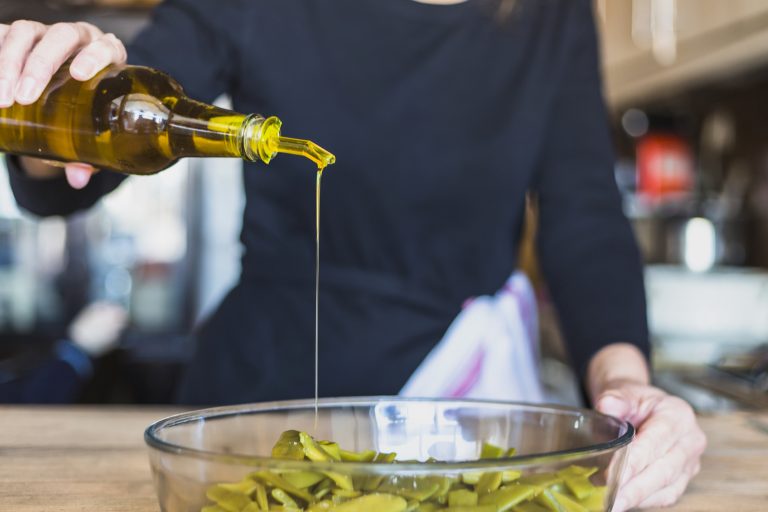São Paulo – Brazilians have adjusted their olive oil purchasing habits to accommodate price increases over the past two years. So says Rita Bassi, president of the Brazilian Association of Olive Oil Producers, Importers and Traders (Oliva).
Companies started to do things differently—many opted to create intermediate packaging. They had 500ml and 250ml bottles and introduced a middle option,” she says. She points out that during this period of rising prices, Brazilian consumers continued to buy olive oil but in smaller quantities. “Someone who used to buy four bottles every month has reduced the volume a bit.”

The olive harvest, which has already begun in producing countries this month, brings the prospect of lower prices as it is expected to be larger than in previous years. “This harvest will be bigger, and that will be reflected in the price of olive oil,” she says, adding that she doesn’t believe, however, that prices will return to previous levels.
Bassi says that price increases have been seen not only in Brazil but worldwide, affecting other foods as well. The rise in olive oil prices was due to two poor olive harvests in the 2022-23 and 2023-24 seasons, resulting from drought in producing countries. “If you have little fruit, you have little oil, and that will obviously directly impact the price,” she says.
The president of Oliva, however, warns consumers to be cautious when looking for very cheap products. “Be careful when making a purchase; don’t believe in extremely low prices–there’re no such things as miracles. Choose brands whose origins you already know and are familiar with,” says Bassi, drawing attention to fraud.
Rita Bassi says that Brazilians buy olive oil year-round, but the product still has a quite seasonal consumption in the country. The bulk of purchases occurs mainly during Easter, which takes place in the early months of the year, and at Christmas at the end of the year due to the dishes that people typically prepare for these celebrations, including codfish at Easter and turkey at Christmas.
Data from the International Olive Council (IOC) provided by Bassi shows that Brazil’s olive oil imports decreased by 12.2% from October 2023 to July 2024 compared to the same months in the previous campaign, 2022-23. Imports fell from 77,000 tonnes to 67,700 tonnes. The volume from the past campaign already represented a decrease from the previous period when national olive oil imports were at 83,000 tonnes.
Tunisian olive oil
When asked if the current higher prices have favored the entry of new olive oil suppliers into Brazil, Bassi notes the growth of Tunisia in the sector, although the country still doesn’t sell very large volumes to the Brazilian market. She believes the increased presence of Tunisian olive oil in the world is not related to the current price situation but rather to a natural expansion.
“Tunisia has stood out globally and is going to have a good year,” she says. She reports that the country used to sell a lot of bulk olive oil but has been offering more bottled products. She mentions a Tunisian brand that has a large operation in the United States and has entered Spain. “It’s very difficult to have new entrants in a completely consolidated market, let alone in Spain, which is one of the largest olive oil producers in the world,” she says.
Read more:
Tunisia’s export revenues from olive oil rise
Translated by Guilherme Miranda




